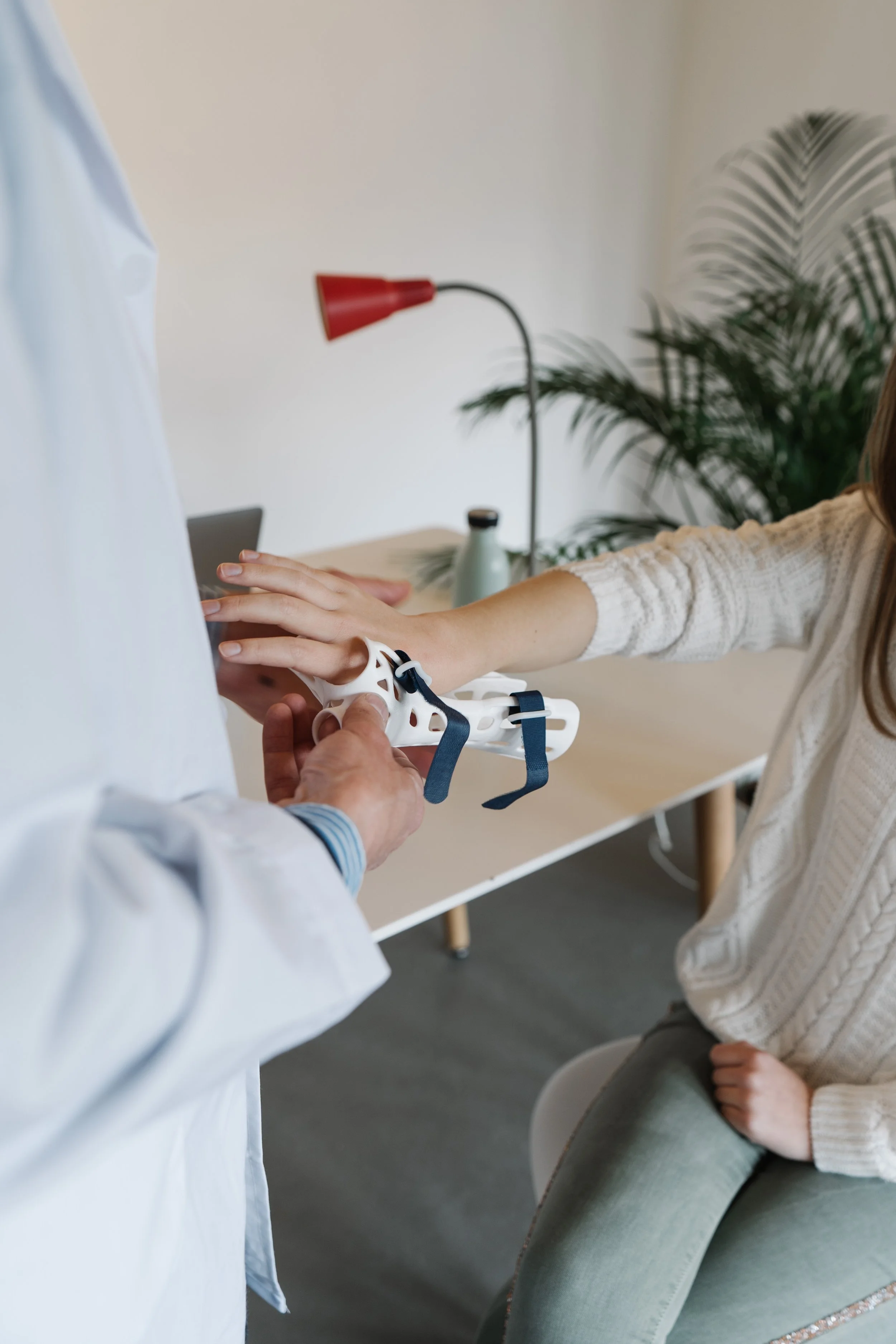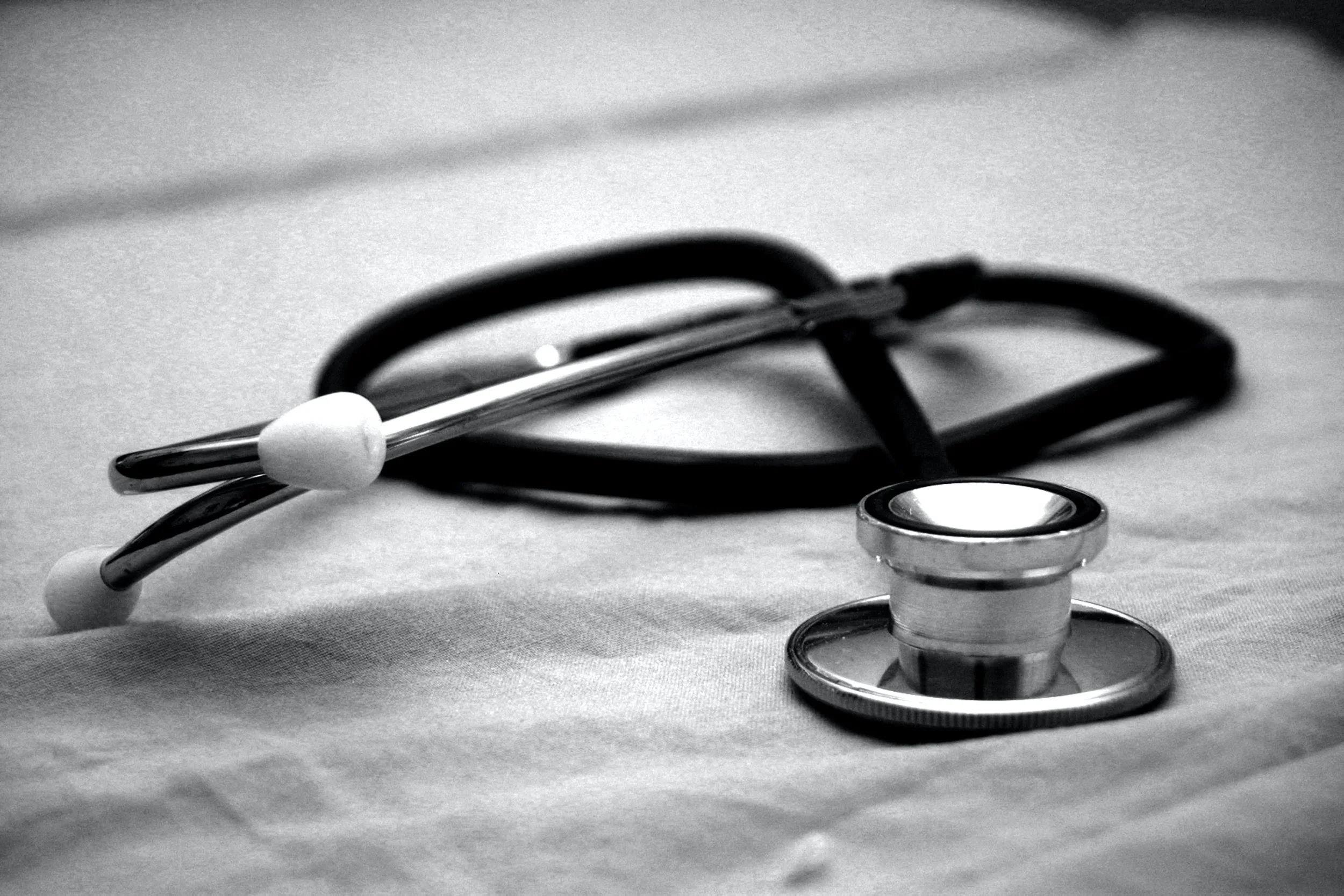Planning a medical appointment can be a daunting task, especially when you're in a foreign country and don't speak the local language fluently. In this blog post, we will explore some essential Italian phrases and expressions to help you navigate a medical appointment with confidence.
Making an Appointment
Before visiting a doctor in Italy, it's essential to schedule an appointment. Here are some phrases to assist you:
Buongiorno, vorrei prendere un appuntamento con il dottore, per favore. (Good morning, I would like to make an appointment with the doctor, please.)
Ho bisogno di un appuntamento urgente. (I need an urgent appointment.)
Vorrei fissare un appuntamento. (I would like to schedule an appointment.)
Quando è possibile avere un appuntamento? (When is it possible to have an appointment?)
E’ possibile avere un appuntamento nel pomeriggio? (Is it possible to have an appointment in the afternoon?)
2. Providing Personal Information
During the appointment booking process, you will need to provide certain personal details.
Here are a few phrases to help you provide the necessary information:
Mi chiamo [Your Name]. (My name is [Your Name].)
Sono di [Your Country]. (I am from [Your Country].)
Sono nato/a il [Date of Birth]. (I was born [Date of Birth].)
Ho bisogno di una visita per [specific reason]. (I need a visit for [specific reason].)
Il mio numero di telefono e’ [Your phone number]. (My phone number is [Your phone number].)
3. Describing Symptoms
Accurately describing your symptoms to the medical professional is vital for an effective diagnosis. Here are some phrases to express common symptoms:
Non mi sento bene. (I don’t feel well).
Mi sento male. (I feel unwell).
Ho dolore/dolori. (I’m in pain/I have pains).
Mi sento debole. (I feel weak).
Ho le vertigini. (I feel dizzy).
Mi fa male qui. (It hurts here).
Ho mal di testa/stomaco/gola. (I have a headache/stomachache/sore throat).
Ho tosse e mal di gola. (I have a cough and sore throat).
Ho la febbre. (I have a fever).
Ho i brividi. (I have the chills).
Ho la nausea. (I have nausea).
Mi sono tagliato un dito. (I cut my finger).
Io soffro di allergie. (I suffer from allergies).
Sono allergico/a a [sostanza]. (I am allergic to [substance]).
Sono allergico al glutine. (I’m gluten intolerant/I’m sensitive to gluten).
Sono in cura per [condizione medica]. (I am being treated for [medical condition]).
Ho preso [nome del farmaco] in passato. (I have taken [medication name] in the past).
Sono stato/a operato/a al [parte del corpo]. (I have had surgery on [body part]).
4. Understanding the Doctor
During your medical appointment, the doctor may ask you questions or provide instructions. Be prepared for phrases like those:
Come si sente? (How do you feel?)
Da quanto tempo ha questi sintomi? (How long have you had these symptoms?)
Mi dica qualcosa in più sul dolore. (Tell me more about the pain.)
Respiri. Inspiri col naso ed espiri con la bocca. (Breathe. Inhale through the nose and exhale through the mouth).
Trattenga il respiro. (Hold your breath).
Deve fare degli esami. (You need to undergo some tests.)
Prenda questi farmaci. (Take these medications.)
Riposi e beva molti liquidi. (Rest and drink plenty of fluids.)
Lei soffre di diabete? Do you have diabetes?
Le prescrivo qualcosa per il dolore. I’ll prescribe you something for the pain.
Eviti di fare sforzi fisici. (Avoid physical exertion.)
Torni per un controllo dopo [periodo di tempo]. (Come back for a follow-up after [time period].)
5. Asking Questions
During your medical appointment, don't hesitate to ask questions to clarify your doubts or concerns. Here are a few phrases to help you seek clarification:
Cosa significa questa parola? (What does this word mean?)
Ho una domanda sulla mia prescrizione. (I have a question about my prescription.)
Quali sono possibili trattamenti? (What are the possible treatments?)
Qual è il periodo di recupero? (What is the recovery period?)
Qual è la causa del problema? (What is the cause of the problem?)
Quali sono gli effetti collaterali di questa medicina? (What are the side effects of this medicine?)
Quanto tempo ci vorrà per guarire? (How long will it take to recover?)
C'è bisogno di ulteriori trattamenti? (Is further treatment necessary?)
Mi serve un certificato medico. (I need a medical certificate.)
6. Expressing Gratitude and Farewells
As you wrap up your appointment, it's polite to express gratitude. Use phrases such as:
Grazie per il suo tempo, dottore. (Thank you for your time, doctor.)
Mi aiuterà molto. (This will help me a lot.)
Grazie per il suo aiuto. (Thank you for your help.)
Sono molto grato/a. (I am very grateful.)
Buona giornata! (Have a good day!)
Arrivederci. (Goodbye.)
By familiarizing yourself with these conversational Italian phrases, you'll be better equipped to communicate your needs and understand the medical professional's instructions. Remember, the ability to express your symptoms accurately and ask relevant questions will ensure a smoother and more efficient healthcare experience in Italy. You may also consider learning these basic words:
La farmacia – The pharmacy
L’ospedale – The ospital
La medicina – The medicine
L’ambulanza – The ambulance
La ricetta – The prescription
Le pillole – The pills
L’antidolorifico – The pain killer
Il cerotto – The band-aid
La benda – The bandage
Il dottore – The doctor
L’infermiera – The nurse
My tips😊
Remember to adapt these phrases based on your specific situation and the level of formality required.
Practicing these phrases will help you effectively communicate with medical professionals during your appointment in Italy.
Divertiti ad imparare! Happy learning!






